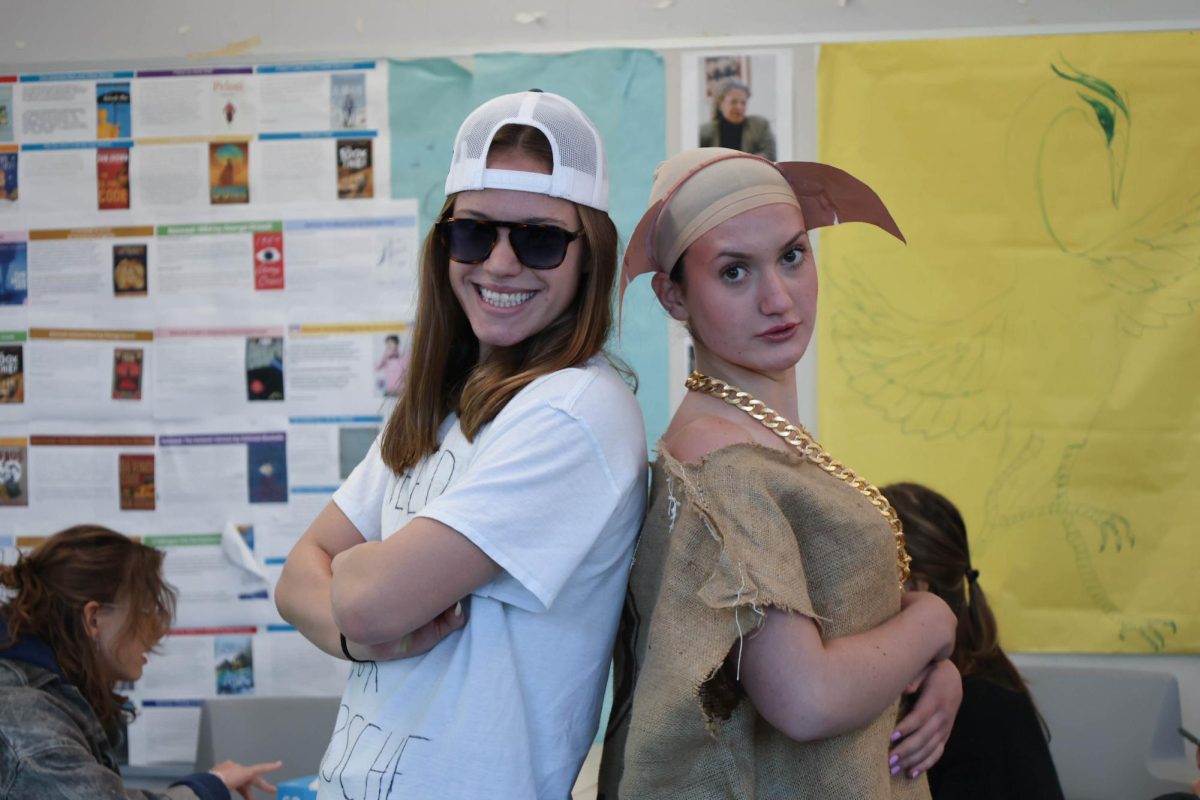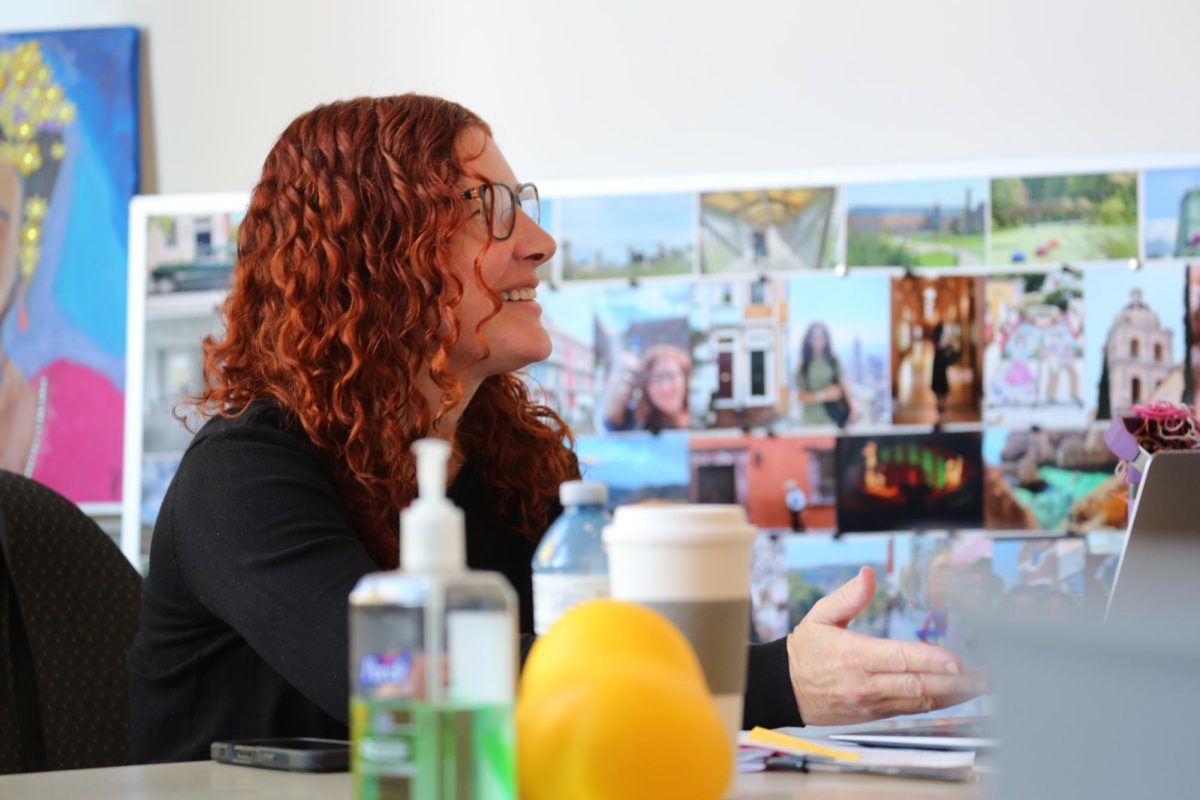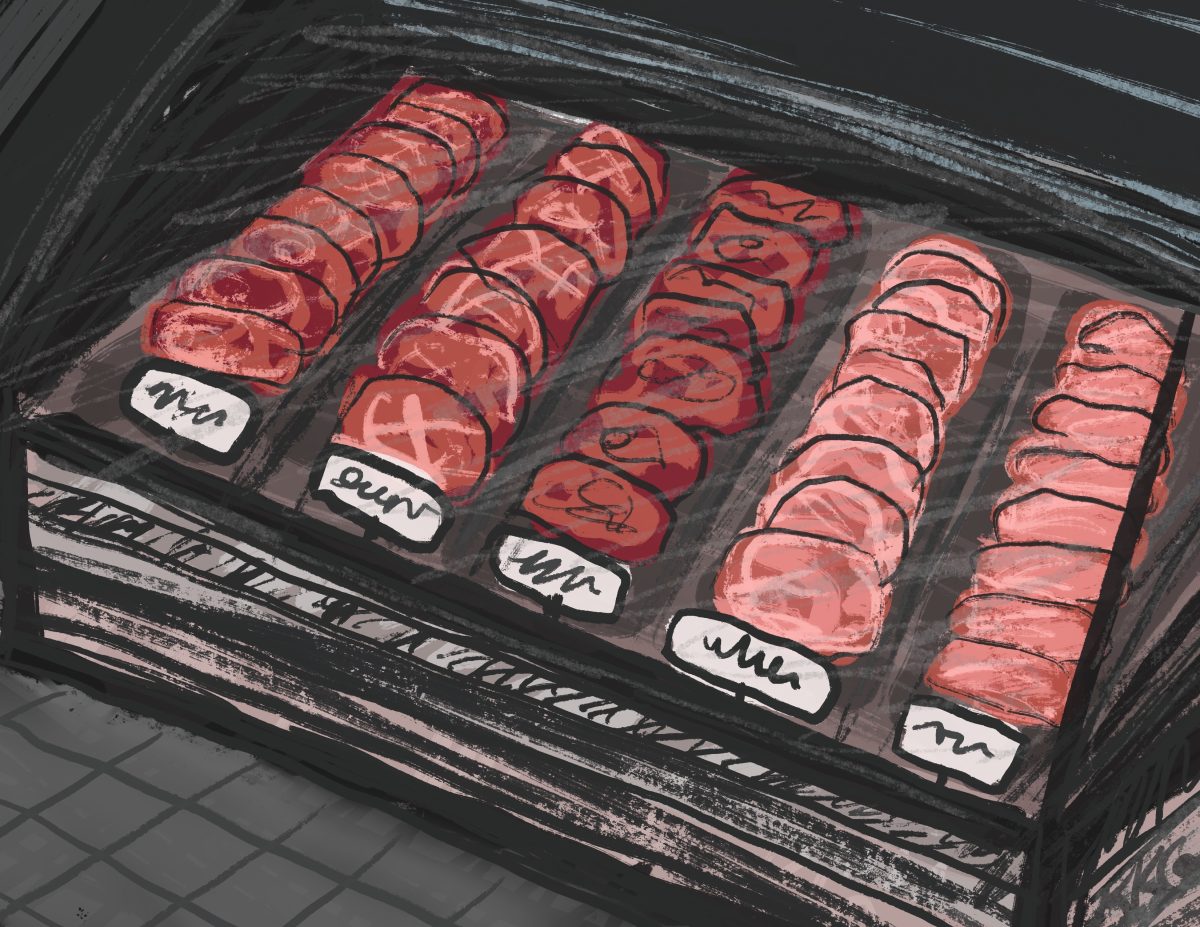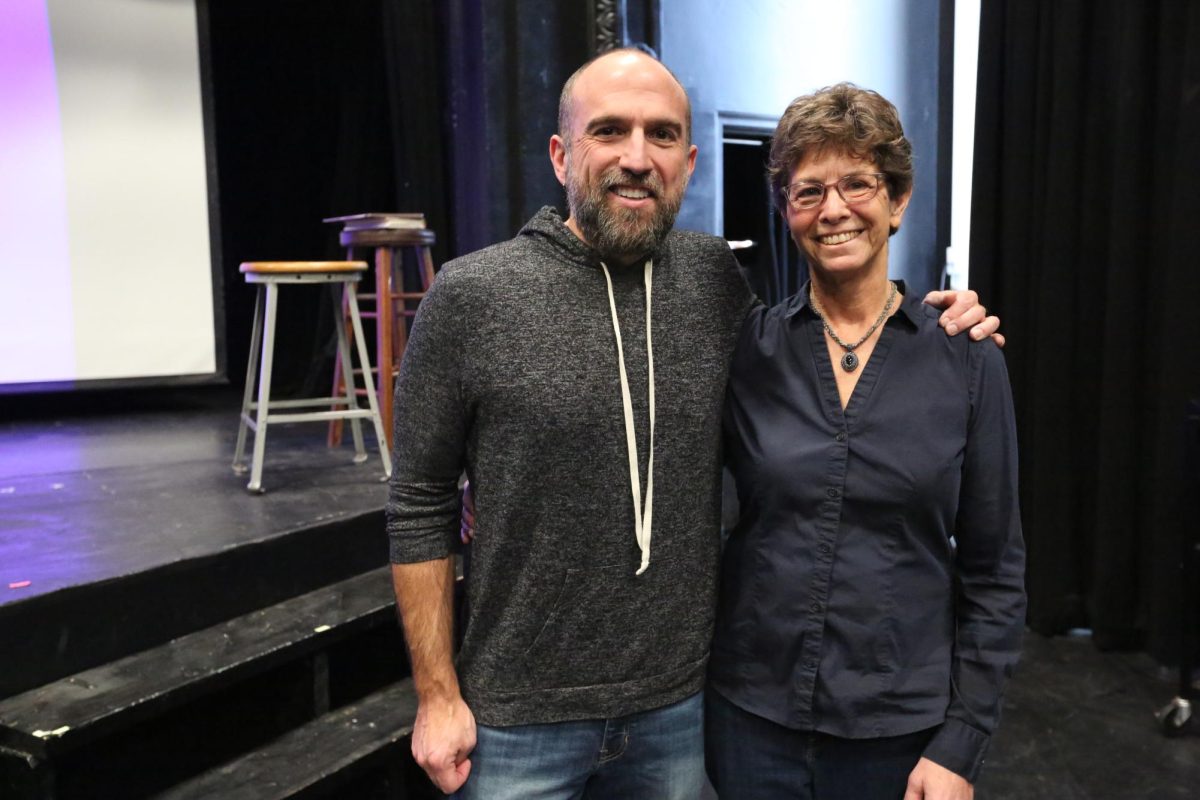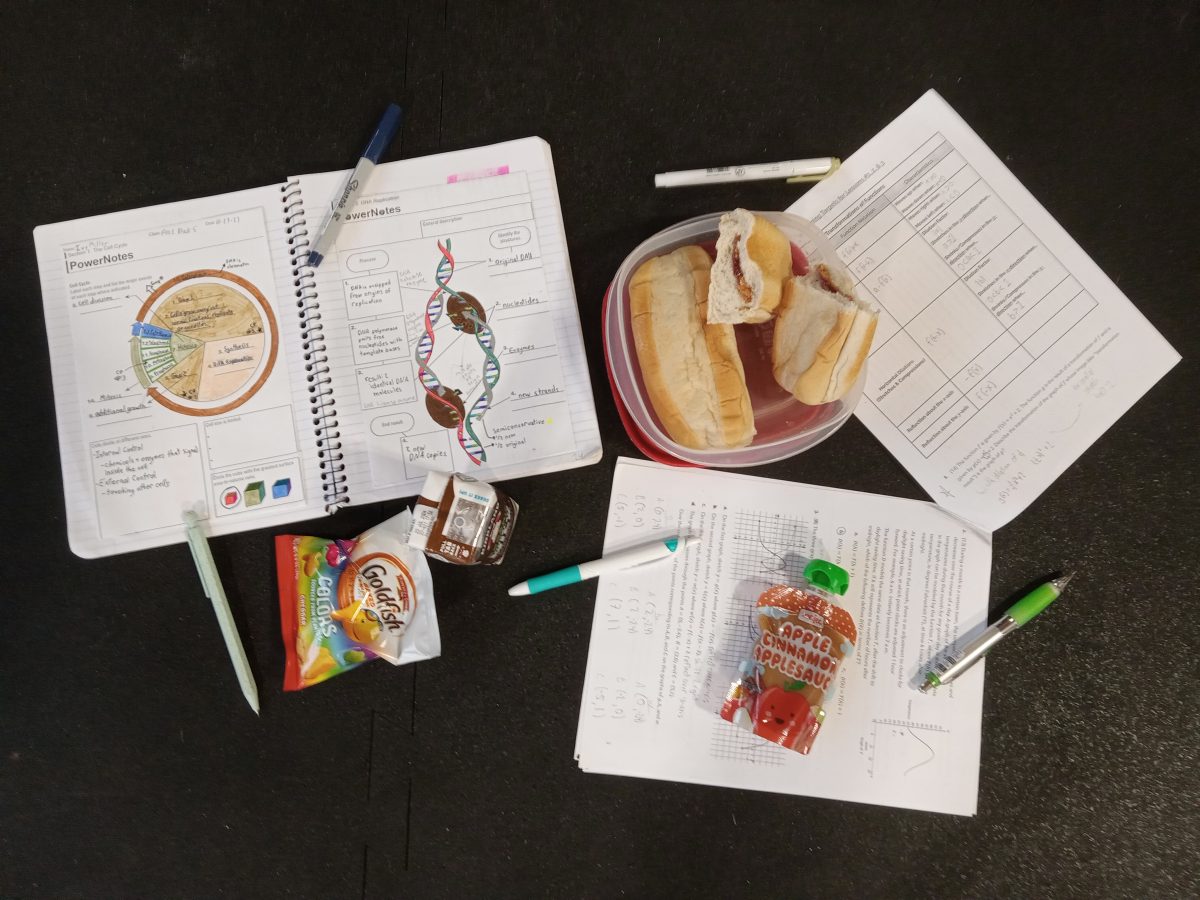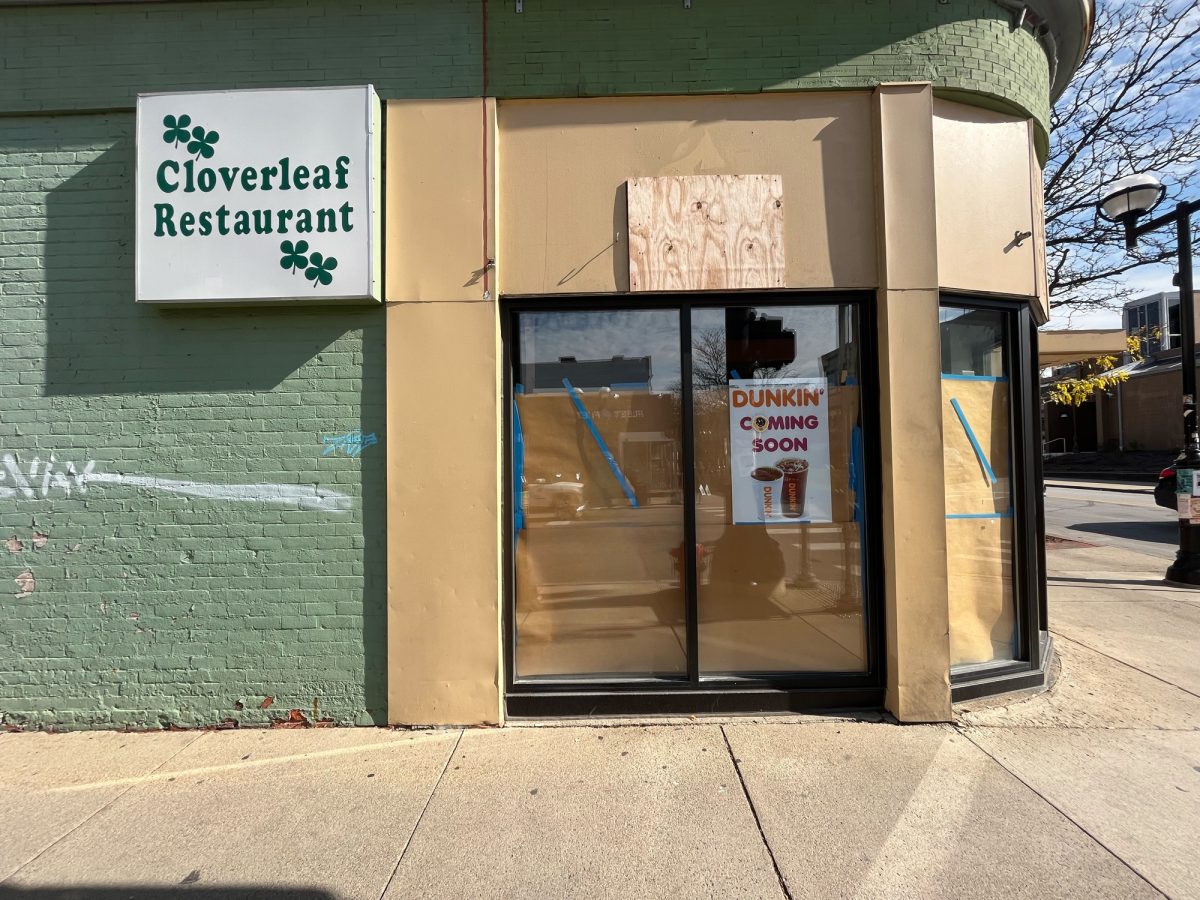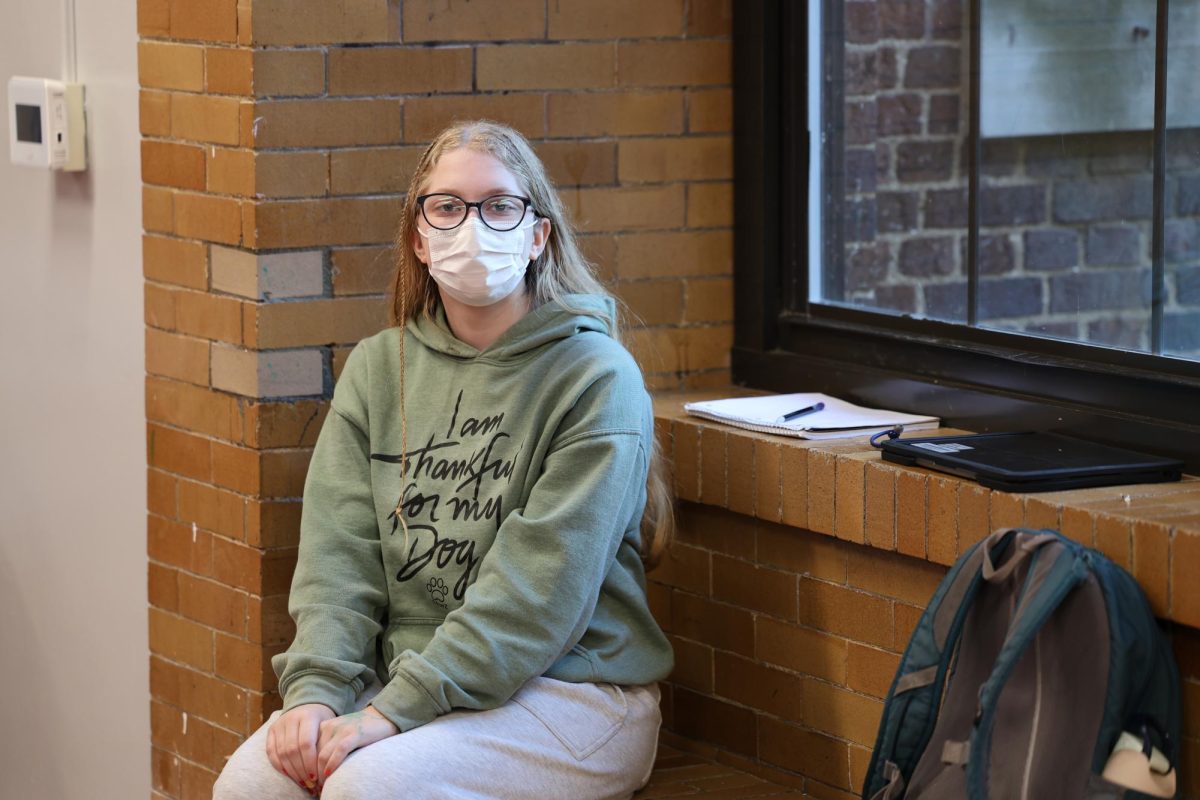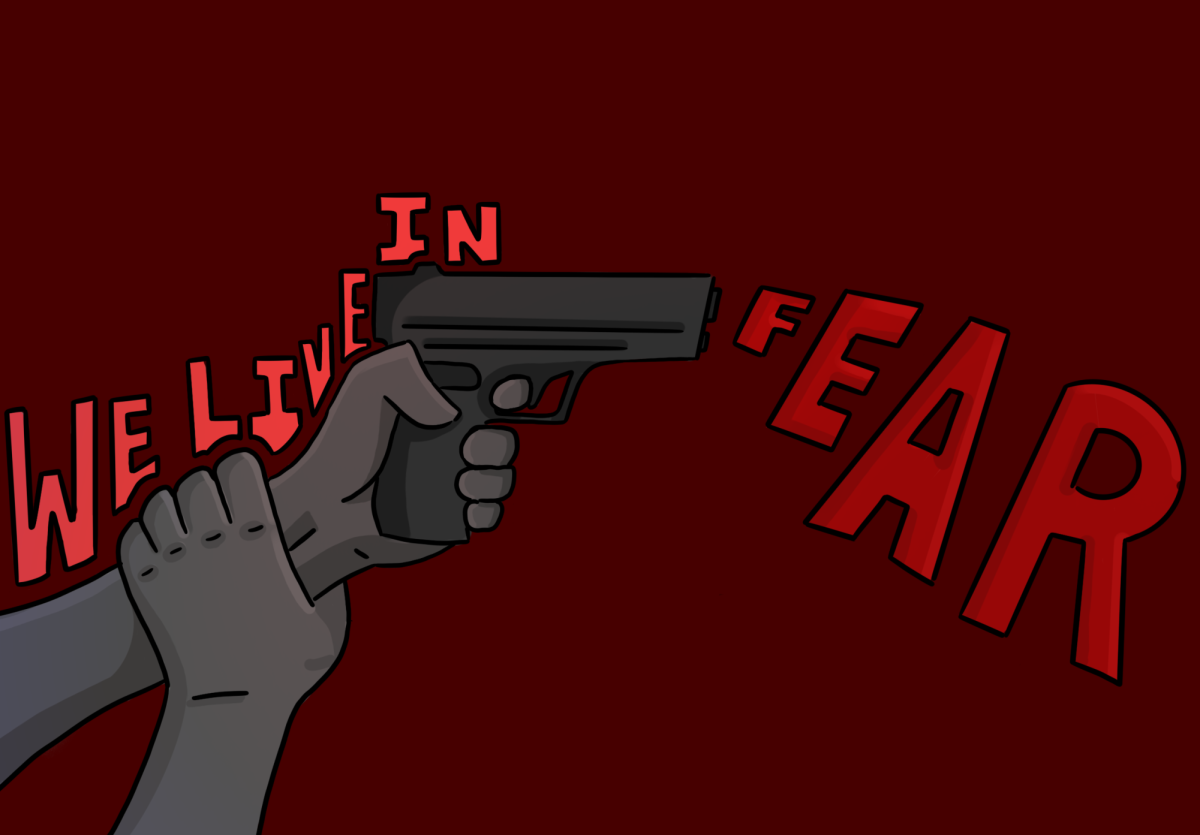Constantly worrying about building our resumes has weighed heavy on our minds as we have prepared to apply to some of the most selective universities. Trying to cram our days with as many things as possible and never saying no comes with a price — having to sacrifice time with friends or missing out on activities that our peers were doing. During our junior years especially, an endless amount of time was spent fretting over standardized test scores and feeling like we didn’t measure up to fit the cookie-cutter mold of an Ivy League student.
The pressure of productivity has affected both of us. Never saying no to a single activity or person can take a toll on one both physically and mentally, getting to the point of complete exhaustion. Whether that be having to do homework at 10 p.m. or eating dinner alone because everyone in your family ate hours ago.
We have both learned that being told no doesn’t detract from the hard work it took to become a student with top grades in high school.
Brian Williams, CHS counselor, believes that students often use the phrase “dream school” to refer to extremely prestigious universities with low acceptance rates. Although having the hope of attending one of these elite institutions can motivate students to do well in school, Williams encourages students to also aim for a more realistic dream school where the student has a good shot at getting admitted.
Williams acknowledges that for many this may be the first time they hear “no,” especially attending an inclusive school like CHS.
You’re gonna hear no from somebody highly selective — that’s just the way schools work right now,” Williams said. “But also there are 3000 plus universities in our country alone. And there’s kids doing great things at all of them, who love what they’re doing. So my job as a counselor is really to encourage students to balance out the schools that they’re going to apply to.”
Kamen Panayotov, CHS junior, believes that having a dream school can drive productivity in high school, but being too set on one school is unhealthy. He understands the realities of applying to highly selective universities and recognizes how low the acceptance rates are.
Knowing that being hyper-fixated on one school is not going to do him any good, he is going into the college admissions process with an open mind.
“Whatever happens happens,” Panayotov said. “I mean, I’ve tried. I know that what I’m doing is all I can and so if I don’t get in, no worries. I’ll get into somewhere good enough.”
Panayotov began to excel in math during middle school. His parents pushed him to continue to take advanced math courses. He began taking precalculus his freshman year, took BC Calculus his sophomore year and then completed Calculus III at Washtenaw Community College the first semester of his junior year. Panayotov is currently a teaching assistant in Calculus III and is taking Linear Algebra. In addition to this, Panayotov works at a cancer lab at the University of Michigan, where his tasks include basic genotyping and image analysis. His mindset looking forward is to focus on doing the most that he can control and trying not to worry about the things that he can’t.
Chasing a dream and working hard to achieve the things that you want is equally important to Izzy Stevens, senior.
Stevens has always seen the importance of working hard in the classroom and she owes that to her dad, a Princeton University graduate. However, hard work can sometimes come with sacrifice. Stevens finds herself wishing that she had more time to do the things that she enjoys, like working out and hanging out with her friends.
“You always want to live in the present,” Stevens said. “But also don’t disregard that you have a future. Just recognize that if you want to have a future that you’ve dreamed of, you’re gonna have to work for that future.”
Both Panayotov and Stevens agree that hard work in high school is important, but you also have to enjoy the time that you have in high school because you only get to do it one time. They both believe that success in high school will set you up for a good collegiate career.
The author Norman Vincent Peale famously said, “Aim for the Moon. Even if you miss, you’ll land among the stars.”
By setting ambitious goals and aspiring to attend what some may consider a “reach school,” students can ensure that they achieve their full potential and ultimately end up at a school that challenges them academically.
In the end, no matter which school a student is accepted to, the successes they achieved, motivated by the hope of attending a dream school, can never be taken away.




